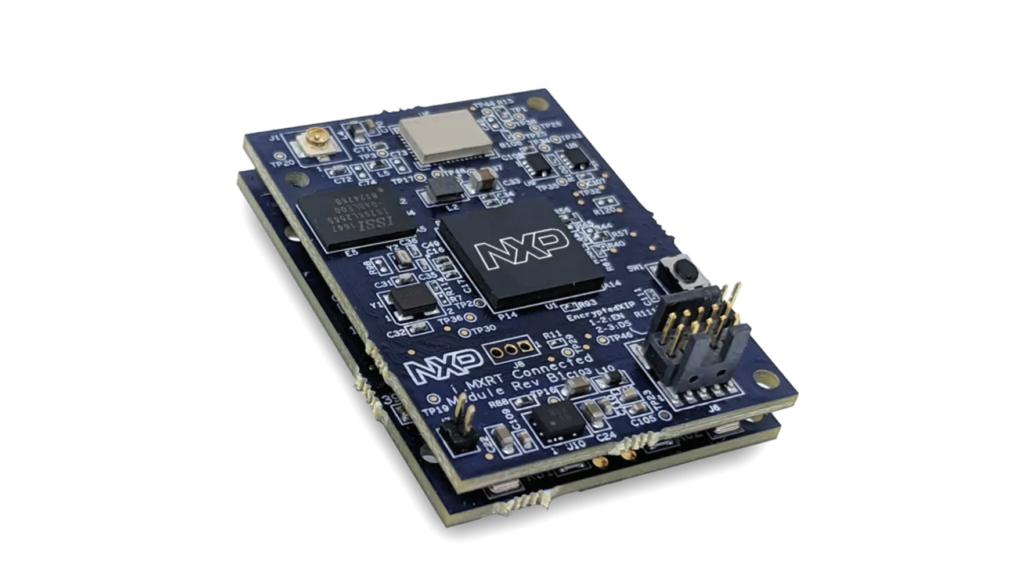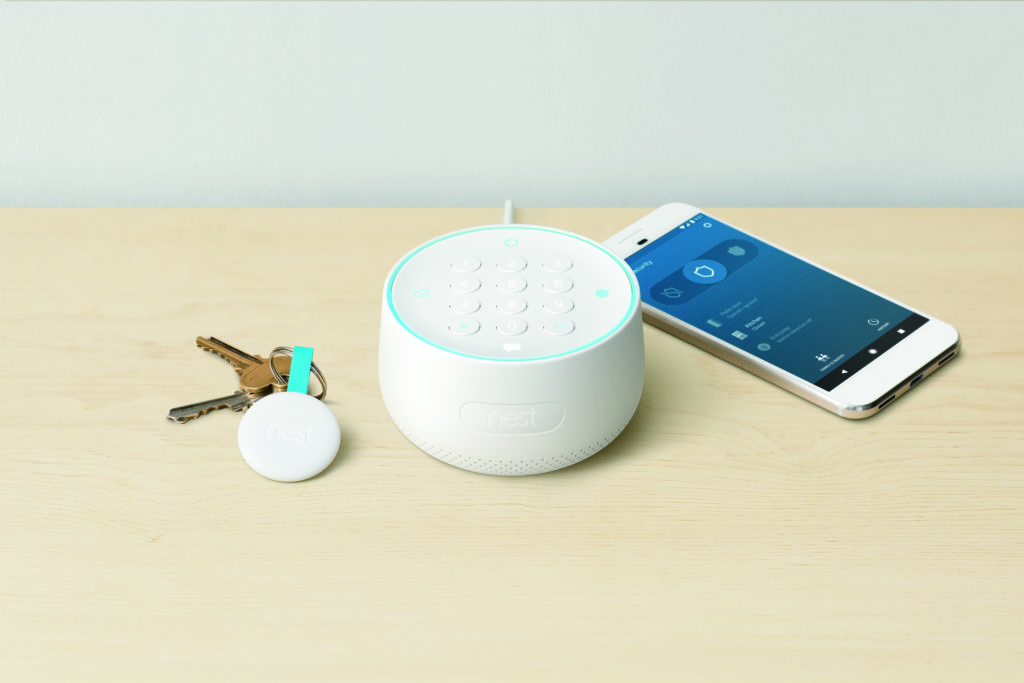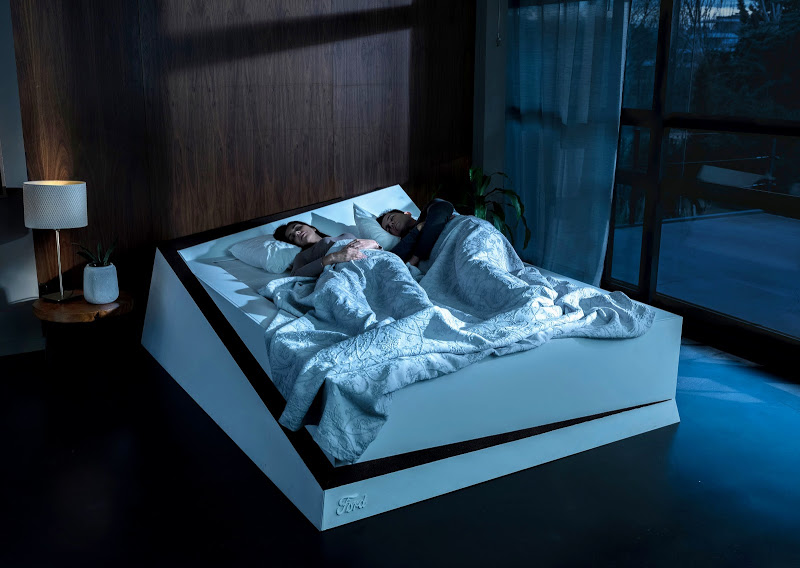There were two big shows this week with Embedded World and Mobile World Congress. Thus, this week’s show focuses a lot on industrial and enterprise news starting with a deep dive on ARM’s PSA certification announcement. We explain what it means and how it should improve IoT security for all before moving to news about new chips that bring Alexa to microcontrollers and to Wi-Fi access points. We also discuss a gesture-based interaction model for smart homes and explain why we’re getting excited about it for the home and office. From there we spend time on Alexa in hospitals as well as a bunch of small industrial and embedded news from Google, Microsoft, Wind River, SAP, and Qualcomm. This week’s IoT Podcast Hotline inquiry is about finding a chime for the Nest Hello doorbell.

Our guest this week is Beth Karlin, CEO and founder of the See Change Institute, a research institute aimed at solving environmental and social justice issues. Karlin came on the show to discuss how utilities view smart home devices. It’s well known that smart home technology is the latest method that homeowners can use to reduce their energy bills. Traditional techniques like fitting new windows austin is known for having the best range of suppliers if this is something you’re looking into, are still effective but you will need to embrace modern methods too in order to save as much as you can. She discusses their goals in offering connected device rebate programs and talks about methods they might use to stabilize the grid when more of our devices are connected and have computing power. We also talk about the role the big tech guys could play in the energy sector. Plus, she talks about the best device to buy if you want to save money on energy costs.
Hosts: Stacey Higginbotham and Kevin Tofel
Guest: Beth Karlin, CEO and founder of the See Change Institute
Sponsors: Urban-X and Western Digital
- ARM’s security plan is looking good
- Is this the beginning of a gesture revolution?
- A bunch of IoT news from MWC and Embedded World
- How your utility may change the way you think about drying your clothes
- What device should you buy to save energy?
Podcast: Play in new window | Download | Embed
Subscribe: RSS



